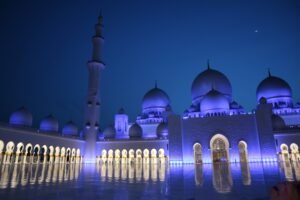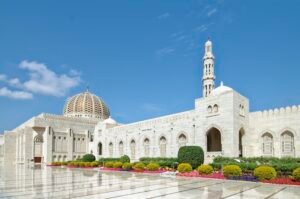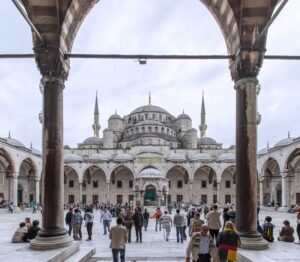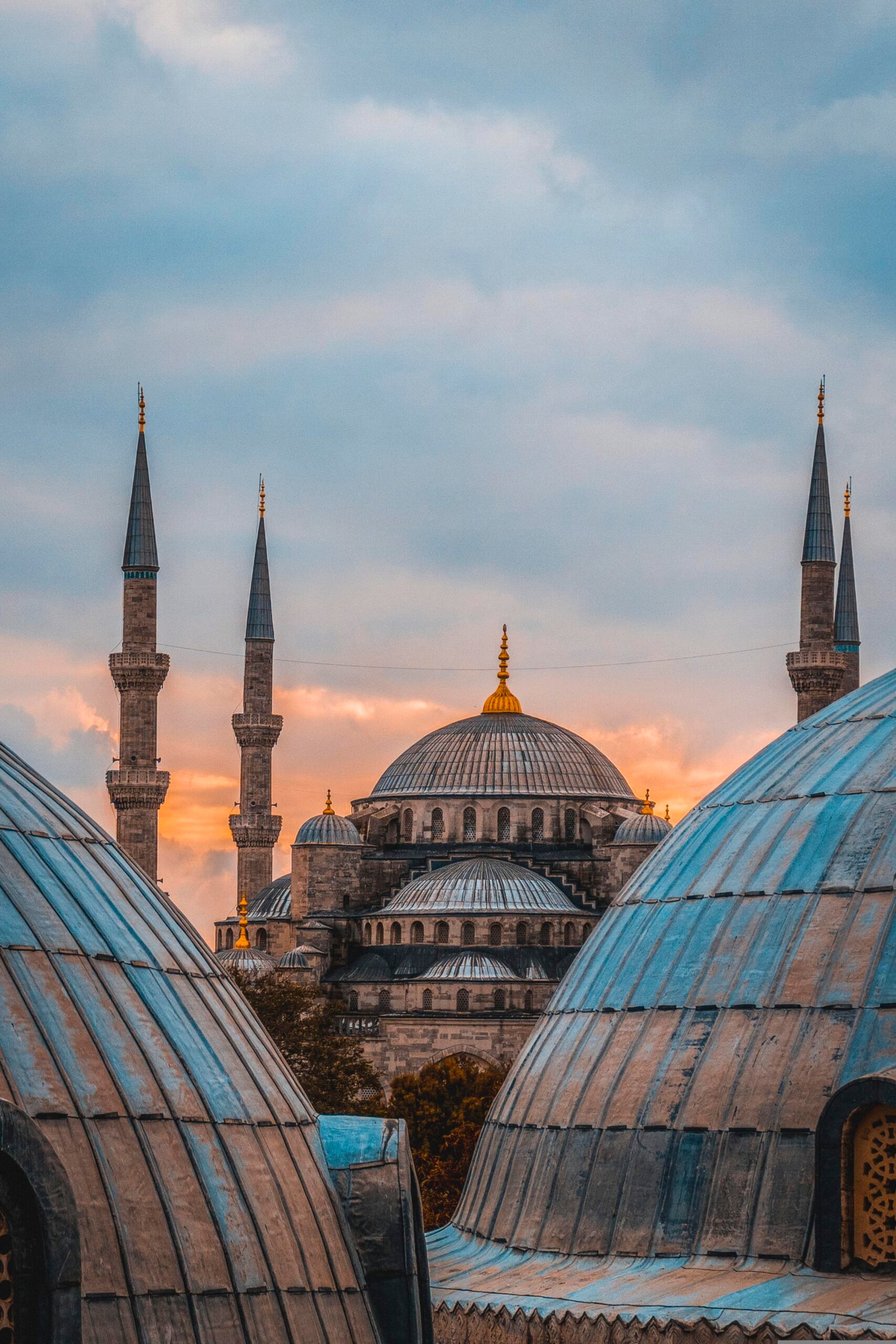Introduction:

Ramadan, the ninth month of the Islamic lunar calendar, holds a special place in the hearts of Muslims around the world. It is a time of spiritual reflection, self-discipline, and heightened devotion. Lasting for 29 to 30 days, Ramadan is observed by Muslims as a month of fasting from dawn until sunset, during which time they abstain from food, drink, and other physical needs. This period is not merely about refraining from worldly pleasures but also about deepening one’s connection with Allah (God), fostering empathy towards those less fortunate, and strengthening ties within the Muslim community.
The Significance of Ramadan:

The significance of Ramadan lies in its spiritual depth and the opportunity it presents for Muslims to renew their commitment to faith and self-improvement. It is believed to be the month in which the first verses of the Quran, the holy book of Islam, were revealed to the Prophet Muhammad by Allah through the angel Gabriel. Therefore, Ramadan holds immense importance as a time for Muslims to seek guidance, purify their souls, and draw closer to Allah through prayer, reflection, and acts of worship.
Fasting During Ramadan:

At the heart of Ramadan lies the act of fasting, known as Sawm in Arabic. Fasting is one of the Five Pillars of Islam, which are the five basic acts of worship that are central to a Muslim’s faith and practice. During Ramadan, Muslims fast from dawn (Fajr) until sunset (Maghrib), abstaining not only from food and drink but also from smoking, marital relations, and other physical needs. The pre-dawn meal, called Suhoor, is consumed before the fast begins, and the fast is broken each evening with the Iftar meal at sunset.
Fasting serves multiple purposes beyond the physical act of abstaining from food and drink. It is a means of cultivating self-discipline, strengthening willpower, and practicing empathy for those who are less fortunate. By experiencing hunger and thirst firsthand, Muslims gain a deeper understanding of the struggles faced by the poor and the importance of gratitude for the blessings bestowed upon them by Allah.
Moreover, fasting during Ramadan is also a form of spiritual purification, as Muslims strive to cleanse their hearts and minds of negative thoughts, behaviors, and habits. It is a time for introspection, repentance, and seeking forgiveness for past wrongdoings. Through fasting, Muslims aim to purify their souls and draw closer to Allah, seeking His mercy and guidance in all aspects of their lives.
Prayer and Reflection:

In addition to fasting, Ramadan is a time of increased prayer and reflection for Muslims. The Taraweeh prayers, performed each night during Ramadan, are a special feature of this month. These additional prayers, conducted in congregation at the mosque, allow Muslims to recite and reflect upon the Quran together, fostering a sense of community and spiritual solidarity.
Moreover, Muslims are encouraged to engage in personal acts of worship and reflection throughout Ramadan, dedicating more time to reading the Quran, performing voluntary prayers (Nafil), and engaging in supplication (Dua). It is a time for Muslims to deepen their connection with Allah, seeking His guidance, blessings, and forgiveness through prayer and devotion.
Charity and Generosity:
Ramadan is also a time of heightened charity and generosity within the Muslim community. Muslims are encouraged to give generously to those in need, particularly through the practice of Zakat and Sadaqah (voluntary charity). Zakat, one of the Five Pillars of Islam, is a mandatory form of almsgiving that requires Muslims to donate a portion of their wealth to help those less fortunate. Sadaqah, on the other hand, is voluntary charity that can be given in various forms, such as feeding the hungry, supporting orphans, or providing assistance to the needy.
The act of giving during Ramadan serves to reinforce the importance of compassion, empathy, and social justice in Islam. It is a reminder to Muslims of their duty to help alleviate the suffering of others and to strive for a more equitable and just society. By sharing their blessings with those in need, Muslims not only fulfill their religious obligations but also strengthen the bonds of brotherhood and solidarity within the community.
Community Bonding and Celebration:

Ramadan is a time of heightened community bonding and celebration for Muslims around the world. Families and friends come together to share meals, break their fasts, and engage in acts of worship and remembrance together. The sense of unity and solidarity that pervades the Muslim community during Ramadan is palpable, as people from all walks of life gather to pray, reflect, and celebrate their faith together.
Moreover, Ramadan is marked by special communal activities and traditions that serve to strengthen the bonds of brotherhood and sisterhood among Muslims. From the nightly Taraweeh prayers at the mosque to the festive atmosphere of the Ramadan bazaars and food markets, there is a sense of joy and camaraderie that permeates the month-long observance.
Eid al-Fitr: The Festival of Breaking the Fast:

The culmination of Ramadan is marked by the celebration of Eid al-Fitr, or the Festival of Breaking the Fast. This joyous occasion is observed on the first day of the Islamic month of Shawwal and is a time of feasting, prayer, and gratitude for the blessings of Allah. Muslims gather for special Eid prayers at the mosque, where they offer thanks for the strength and guidance received during Ramadan and ask for Allah’s continued blessings and mercy in the year ahead.
Eid al-Fitr is also a time of charity and goodwill, as Muslims are required to give Zakat al-Fitr, a special form of charity that is obligatory for every member of the household. This charity is typically given in the form of food or money and is intended to ensure that all Muslims have the means to celebrate Eid with joy and dignity.
Conclusion:
In conclusion, Ramadan is a month of profound significance and spiritual renewal for Muslims around the world. It is a time of fasting, prayer, reflection, and charity, during which Muslims seek to deepen their connection with Allah, purify their souls, and strengthen their bonds of community and brotherhood. Through fasting, prayer, and acts of generosity, Muslims strive to embody the values of compassion, empathy, and social justice that lie at the heart of Islam. Ramadan serves as a reminder of the importance of faith, gratitude, and humility in the lives of Muslims and inspires them to strive for spiritual growth and self-improvement throughout the year.





